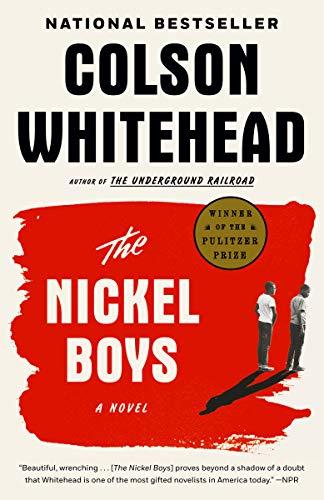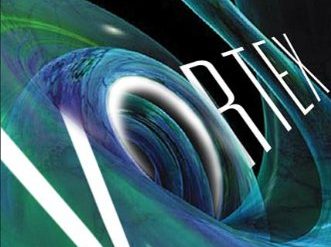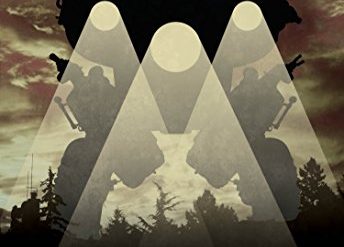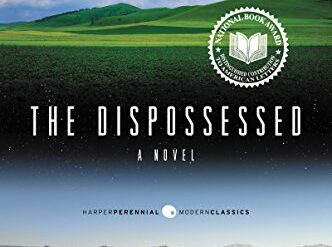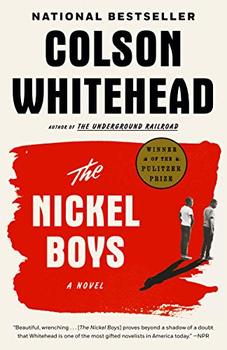
Estimated reading time: 5 minutes
In 2020 American society lurched a little closer toward a reckoning with the deeply entrenched racism that has poisoned our history ever since 1619. But with our attention rightfully drawn toward police murders of young Black men, many of us have lost perspective on how much worse conditions were for people of color a mere few decades ago under Jim Crow. And history books, no matter how truthful, fail to make us understand the impact on the Black and Brown people who bore the brunt of racist policies and conduct. But, at its best, historical fiction can cut through the abstractions, the generalizations, and the statistics and confront us with the raw reality. Books like Colson Whitehead’s brilliant Pulitzer-Prize-winning novel, The Nickel Boys, offer a vivid and moving reminder of what so many of us have forgotten—or never been willing to admit.
“In New York City there lived a Nickel Boy who went by the name of Elwood Curtis,” Whitehead writes. “He’d do a web search on the old reform school now and then” but nothing more. This novel is Elwood’s story. It’s also the story of so many others like him who were caught up in a vicious and demeaning system.
The Nickel Boys by Colson Whitehead, Audible Edition, narrated by J. D. Jackson (2019) 210 pages ★★★★★
Winner of the 2020 Pulitzer Prize for Fiction
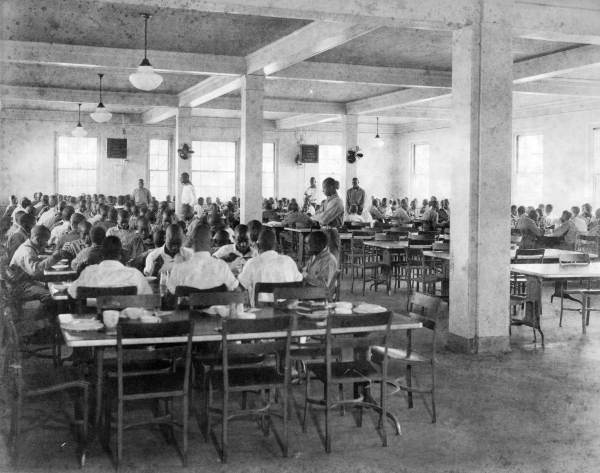
Image credit: Florida Memory
Abandoned by his parents, Elwood lived in Tallahassee, Florida with his grandmother. He was bright and hardworking and passed countless hours listening again and again to the recorded speeches of Dr. Martin Luther King, Jr. With a promising school record, an unusually alert and helpful teacher during Elwood’s junior year arranges for him to take advanced classes in a junior college nearby. But, hitchhiking on his way to register there, he’s picked up by a stranger who had stolen the car he was driving. And neither the cops nor the judge believed either Elwood’s or the man’s protestations that they didn’t know each other. Elwood was summarily sentenced to the Florida Industrial School for Boys, named for its long-time director, Trevor Nickel. And thus Elwood became a Nickel Boy.
A story grounded in the facts of life under Jim Crow
The novel is set in the 1960s. Despite Brown v. Board of Education, despite the lunch-counter sit-ins in the early civil rights movement, despite the Civil Rights Act and the Voting Rights Act, Jim Crow remained in full force in Florida. And the boys at the Nickel School bore the scars to prove it—excepting those who had stepped a little too far over the lines drawn by the staff and lay in unmarked graves on the grounds. In unsparing, matter-of-fact prose, Whitehead spins out Elwood’s tragic story as a system beyond his comprehension steadily grinds him down. Yet for all the violence directed against him, Elwood heroically refuses to lose hope.
As Whitehead explains in the acknowledgments, The Nickel Boys was “inspired by the story of the Dozier School for Boys in Marianna, Florida,” which operated from 1900 to 2011. News about the atrocities committed there surfaced when archaeologists conducted forensic studies of the bodies buried on the site. Although the characters in the novel are all fictional, Whitehead reports having conducted considerable research about the school. However, the website he cites that features stories of Dozier survivors has either been taken down or hijacked by drug dealers. That’s a pity, because both Black and white survivors of the Dozier School had recorded their stories. And those stories surely made clear how white lives as well as Black were damaged under Jim Crow.
About the author
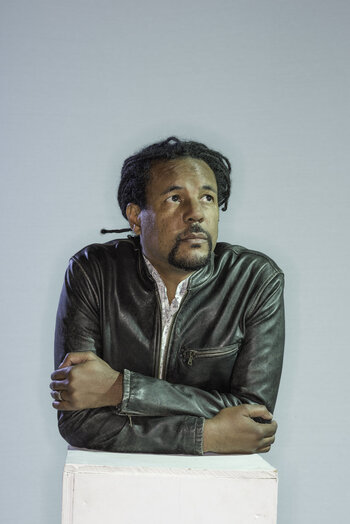
Colson Whitehead‘s eight novels to date also include The Underground Railroad, which won the 2016 National Book Award for Fiction and the 2017 Pulitzer Prize for Fiction. (The eighth novel is scheduled for publication in 2021.) He has also published two works of nonfiction. Whitehead is a recipient of a so-called “genius grant,” a MacArthur Fellowship. He lives in Manhattan with his wife, who is a literary agent, and two children.
For related reading
This is one of the 10 best historical novels set in America.
I’ve also reviewed the first two books in Whitehead’s Harlem Trilogy:
- Harlem Shuffle (A gripping crime novel set in Harlem by Colson Whitehead)
- Crook Manifesto (Colson Whitehead’s Harlem trilogy continues)
You might also be interested in:
- Good books about racism
- Top 20 popular books for understanding American history
- 20 most enlightening historical novels
- Top 10 great popular novels
For laughs, check out Literary critics say these are the best books of 2019.
And you can always find my most popular reviews, and the most recent ones, on the Home Page.

